To provide the best experiences, we use technologies like cookies to store and/or access device information. Consenting to these technologies will allow us to process data such as browsing behaviour or unique IDs on this site. Not consenting or withdrawing consent, may adversely affect certain features and functions.
The technical storage or access is strictly necessary for the legitimate purpose of enabling the use of a specific service explicitly requested by the subscriber or user, or for the sole purpose of carrying out the transmission of a communication over an electronic communications network.
The technical storage or access is necessary for the legitimate purpose of storing preferences that are not requested by the subscriber or user.
The technical storage or access that is used exclusively for statistical purposes.
The technical storage or access that is used exclusively for anonymous statistical purposes. Without a subpoena, voluntary compliance on the part of your Internet Service Provider, or additional records from a third party, information stored or retrieved for this purpose alone cannot usually be used to identify you.
The technical storage or access is required to create user profiles to send advertising, or to track the user on a website or across several websites for similar marketing purposes.
 People who work from home all or part of the time are less likely to get pay rises and promotions, a new study of outcomes from hybrid working suggests. The survey of 937 UK managers found that they were 11 percent less likely to give a promotion to staff who worked entirely from home than to those who were completely office-based. Hybrid workers – those working partly in the office and partly at home – were on average 7 percent less likely to be promoted. (more…)
People who work from home all or part of the time are less likely to get pay rises and promotions, a new study of outcomes from hybrid working suggests. The survey of 937 UK managers found that they were 11 percent less likely to give a promotion to staff who worked entirely from home than to those who were completely office-based. Hybrid workers – those working partly in the office and partly at home – were on average 7 percent less likely to be promoted. (more…)







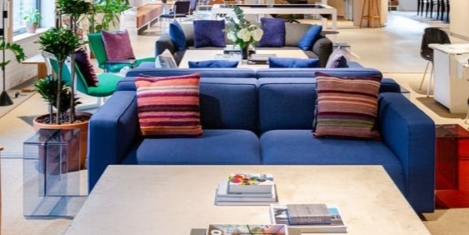
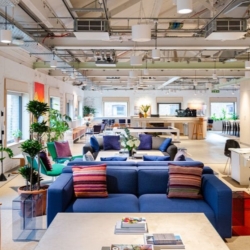







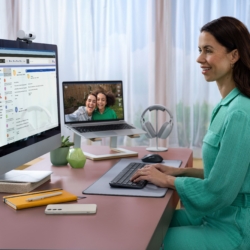


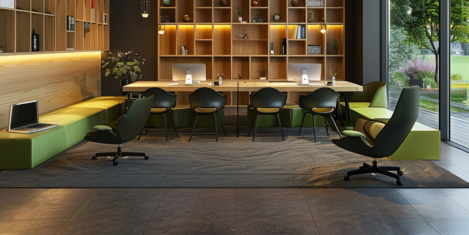
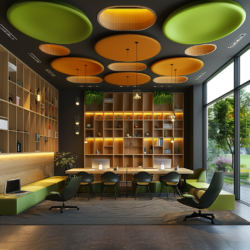

 There are plenty of definitions of the modish concept of biophilic design around right now. But perhaps nobody can top that of Erich Fromm, the sociologist and psychoanalyst who first described it in his 1973 book
There are plenty of definitions of the modish concept of biophilic design around right now. But perhaps nobody can top that of Erich Fromm, the sociologist and psychoanalyst who first described it in his 1973 book 

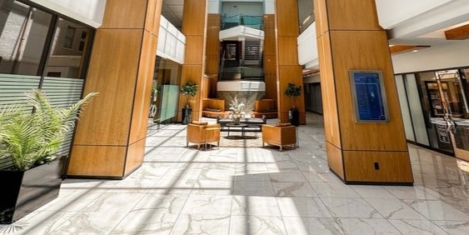
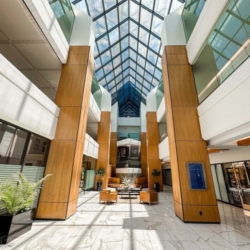









April 29, 2024
Workers may have new rights to request flexible working, but let’s not celebrate too soon
by Molly Johnson-Jones • Comment, Flexible working